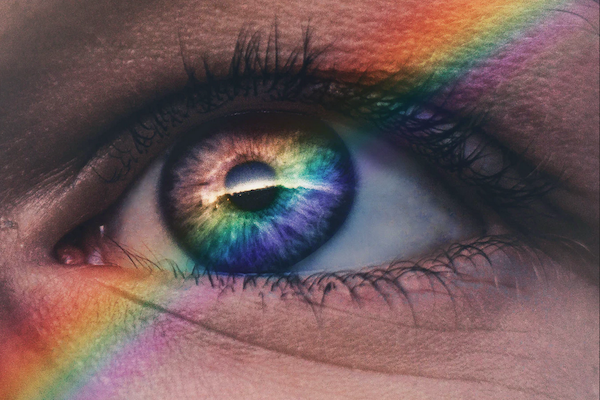LGBTQ representation in entertainment is improving thanks to producers pushing boundaries step by step in a similar way we’ve seen in other industries – such as with g2b clothing – if not on a more massive scale. Of special note are the efforts being made in superhero culture – the cinematic universes especially. Their popularity ensures higher visibility of LGBTQ moments and helps build awareness of the cause. This is why Entertainment Weekly’s report on Marvel’s first gay kiss is such a big deal.
We’re talking about Marvel’s The Eternals, directed by Chloé Zhao and set for release on February 12, 2021. Apart from more information on the characters in question, it’s also worth looking at other representations in superhero entertainment of the past few years.
The Eternals Details
The cast of this upcoming film alone is cause for excitement. Angelina Jolie, Salma Hayek, Richard Madden and Kit Harrington are among the film’s prestigious names, but those of most interest now are Brian Tyree Henry and Haaz Sleiman. The first actor plays Marvel’s immortal technologist Phastos, while the latter portrays his husband.
The Eternals brings them together as a loving LGBTQ family with a child of their own, an image sorely missed and often excluded in entertainment. So, why are superheroes and established franchises becoming the go-to medium for such messages of hope and positivity?
The Power of Popularity
Accessing the popularity of mainstream franchises to promote positive LGBTQ messages has been a prevalent component of many modern series reboots. Spartacus is one of many such examples, with the reboot Spartacus: Blood and Sand including an LGBTQ relationship between the characters Barca and Pietros as far back as 2010. Spartacus has seen many reimaginings since, with the immediate sequel series Spartacus: Vengeance and even a licenced slot game Spartacus: Gladiator of Rome available at popular platforms such as Betway Casino providing further exposure to the franchise.
Aliens is another hallmark brand with widespread popularity across the entertainment sector. According to the Alien Covenant website, the company is preparing to produce a Dan O’Bannon-based series, which will grow the franchise even further. A promising development for a universe that brought a gay couple to the big screen several years before The Eternals; Ridley Scott’s Alien: Covenant (2017) aimed to dispel stereotypes of male homosexuality with Sergeants Lowe and Hallet being married soldiers.
LGBTQ Representation Today
Indeed, the entertainment industry is dialing up diversity in its projects, from TV shows to video games. Streaming services like Netflix and Amazon Prime lead the way in enriching canons. For example, the second season of Homecoming will feature a queer character, Jackie, played by Janelle Monáe alongside Julia Roberts’s character, Heidi Bergman. Many more productions featuring LGBTQ themes are made available on these platforms, in turn increasing and normalizing demand for the genre.
At the same time, the big screen constantly expands its range of characters and keeps adding to the industry’s diversity, at least among superheroes. 2020’s Birds of Prey included Harley Quinn and Renee Montoya, each of their personas’ non-binary sexuality earning the approval of the LGBTQ community. The movie’s respectable 6.2 rating on IMDB is a result of its overall fun splintering of cinematic and cultural norms. Another more intense example is Deadpool, both productions so far thriving on his pansexual nature. Video games are becoming just as inclusive of LGBTQ characters. The Last of Us has two installments making the community proud. Left Behind (2014) is a prequel to the original title, revealing Ellie’s love and loss of Riley, which drives her character for the rest of the series. The upcoming sequel, due May 29, puts Ellie on a new emotional roller coaster focused on her girlfriend, Dina. Heartwarming and respectful portrayals such as these are a great step forward, despite this particular franchise’s proclivity for tragedy. Other progressive games of note are BioWare’s Mass Effect and Dragon Age series, pushing boundaries for over a decade now.
Moving Forward
While doors are being opened for LGBTQ inclusion in the entertainment industry, there’s plenty of work yet to be done. With the continued support of successful brands and franchises as well as the debate prompted by events like ClexaCon, the diversity in movies, TV shows and video games will improve to make audiences of all walks of life feel well-represented and happy. This won’t just boost people’s enjoyment but also their excitement too towards every new production.


